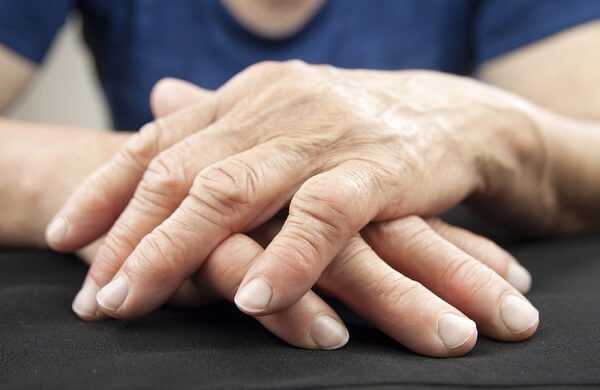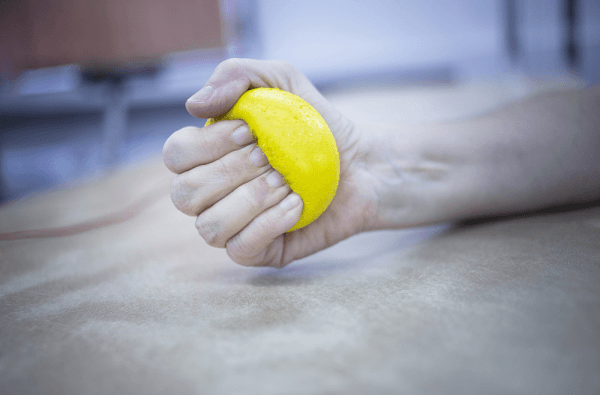13 Tips For Rheumatoid Arthritis

When it is called rheumatoid arthritis, many people think of mild joint pain. However, rheumatoid arthritis, which has hundreds of varieties, can even prevent you from walking if you aren’t diagnosed correctly. Rheumatoid arthritis, which holds structures in the musculoskeletal system, causes problems such as pain, swelling, movement restriction, and disfigurement. Some patients may even become unable to walk because of this problem. Stress, vitamin D deficiency, excess weight, or long periods spent in a humid environment also provide a great foundation for this problem. For you, in this article, we will list 13 tips for rheumatoid arthritis. If you are ready, here we go!
1.Be Careful If You Have Rheumatoid Arthritis in Your Family
Genetic predisposition plays an important role in the formation of many types of rheumatism. For this reason, those with rheumatoid arthritis in their family should take care of their lifestyle and be alert to the symptoms.

2.Free Yourself From Excess Weight
Excess weight increases the load on the waist and legs, causing joint deformity. Therefore, the possibility of rheumatoid arthritis is also raised. So, you need to get rid of your excess weight.

3.Pay Attention To Your Diet
Add foods such as fish, nettle, eggs to your diet. You need to stay away from food that increases the body’s acid load. Also, as with any disease, in the problem of rheumatoid arthritis, careful consumption of foods that return to sugar and refining sugar is essential. The balance of omega 3 and omega 6 is extremely important for this disease. For this reason, you should consume fish, eggs, and walnuts containing Omega 3, as well as foods containing olive oil, calcium, and vitamin C.

4.Drink At Least 2 Liters of Water Per Day
Healthy intestinal flora is very important in rheumatic diseases. People with complaints such as abdominal gas, bloating, constipation are more likely to have a disorder of the intestinal flora. Therefore drink at least 2 liters of water per day and use probiotics.

5.Check Your Teeth Every 5-6 Months
Problems with teeth and gums play a triggering role for rheumatoid arthritis. Dental problems that don’t cause symptoms, overlooked caries, bleeding in the gums can also disrupt the immune system and trigger rheumatism. Therefore, see the dentist every 6 months.
6.Take Vitamin D Supplements
Insufficient vitamin D, one of the most important friends of bones, causes weakness in the novelistic and skeletal system, laying the foundation for the formation of this problem. For this reason, especially after osteoporosis, you need to take your bone measurements on time and take vitamin D supplements if necessary.

7.Don’t Move Too Much While The Disease is Active
Don’t engage in coercive activities during such periods. Rest as much as possible while the disease is active.
8.Avoid Cold and Humid Environments
Cold and humid weather increases the disease. Therefore, avoid cold and humid environments.
9.Don’t Smoke
Smoking affects the circulation of joints and novelties in patients with rheumatoid arthritis. It also has a toxic effect. Smoking should not be used, especially in rheumatism types with a high risk of lung involvement.

10.Be Wary of Trauma
Injuries that have been passed can cause deformity of the joint and surrounding tissues, disrupting joint functions and preparing the basis for the formation of rheumatism.
11.Stay Away From Stress
Stress, which can cause any disease, is also an important factor in the formation of rheumatoid arthritis. Stress affects the immune system and stimulates the sympathetic nervous system, causing the body’s resistance to diseases to decrease.

12.Apply Ice Compresses During Periods When The Disease Shows Symptoms
In the treatment of rheumatoid arthritis, different methods are applied depending on the type of disease. First, drug therapy is recommended. Devices such as ice application, rest, splint, affected insertion can be applied.
13. Give Importance To Physical Therapy
After the disease activity is suppressed, physical therapy agents can also be used in treatment if necessary. Physical therapy is often used to relieve the pain of these patients, to maintain joint range of motion and novelization of muscle strength, as well as to regulate daily life activities. Joint range of motion, novelization, posture, and aerobic exercises are very important for patients.





